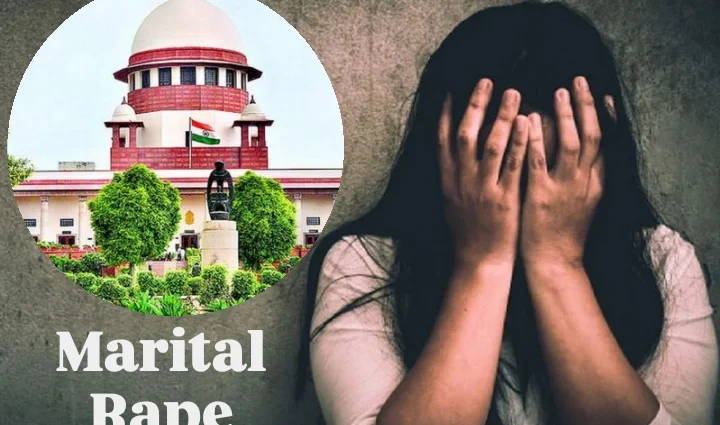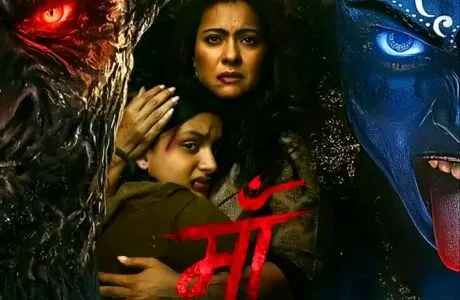The central government’s response at the Supreme Court on marital rape: a social issue rather than a legal one
New Delhi: The Central government has filed its reply in the Supreme Court on the marital rape case, in which it has disagreed with the recognition of this crime. The government says that there are adequate remedies available in other laws for women who are victims of marital rape. The Center said that this issue is more social than legal and was placed by Parliament after careful consideration during the 2013 amendments to the IPC. The central government argued that abolishing the exception would have a serious impact on the institution of marriage.
Central government’s statement in Supreme Court: Abolishing the exception of Section 375 on marital rape will have a deep impact on the institution of marriage
The Central government has told the Supreme Court that abolishing Exception 2 of Section 375 of the IPC would have a far-reaching impact on the institution of marriage. The government warned that this could cause serious disruption in marital relations. The Center also pointed out that “in the rapidly growing and constantly changing social and family structure, misuse of the amended provisions cannot be ruled out.” This would mean that it would become difficult and challenging for a person to prove consent.
The Centre cautioned the Supreme Court about the “far-reaching socio-legal implications” of criminalising marital rape, and urged the court to take a broader view beyond the strict legal framework. In an affidavit submitted to the Supreme Court, the Centre argued that any judicial review on the issue must acknowledge the wider social consequences and the stand of Parliament.
Centre’s affidavit
The affidavit is filed in response to multiple petitions challenging the constitutionality of the marital rape exception under Indian law, which exempts a husband from being prosecuted for rape if the wife is of age. The provision, which was originally contained in Section 375 of the Indian Penal Code (IPC), was retained in its successor law, the Indian Justice Code (BNS), enacted earlier this year. Under Section 375 of the now-repealed IPC, a man was exempt from being charged with rape if the victim was his wife and not a minor. The BNS, which comes into force in July 2023, retains this exemption, now under Section 63. The provision has faced legal challenges from multiple petitioners who argue that it discriminates against married women by depriving them of legal protection against sexual assault by their husbands.





